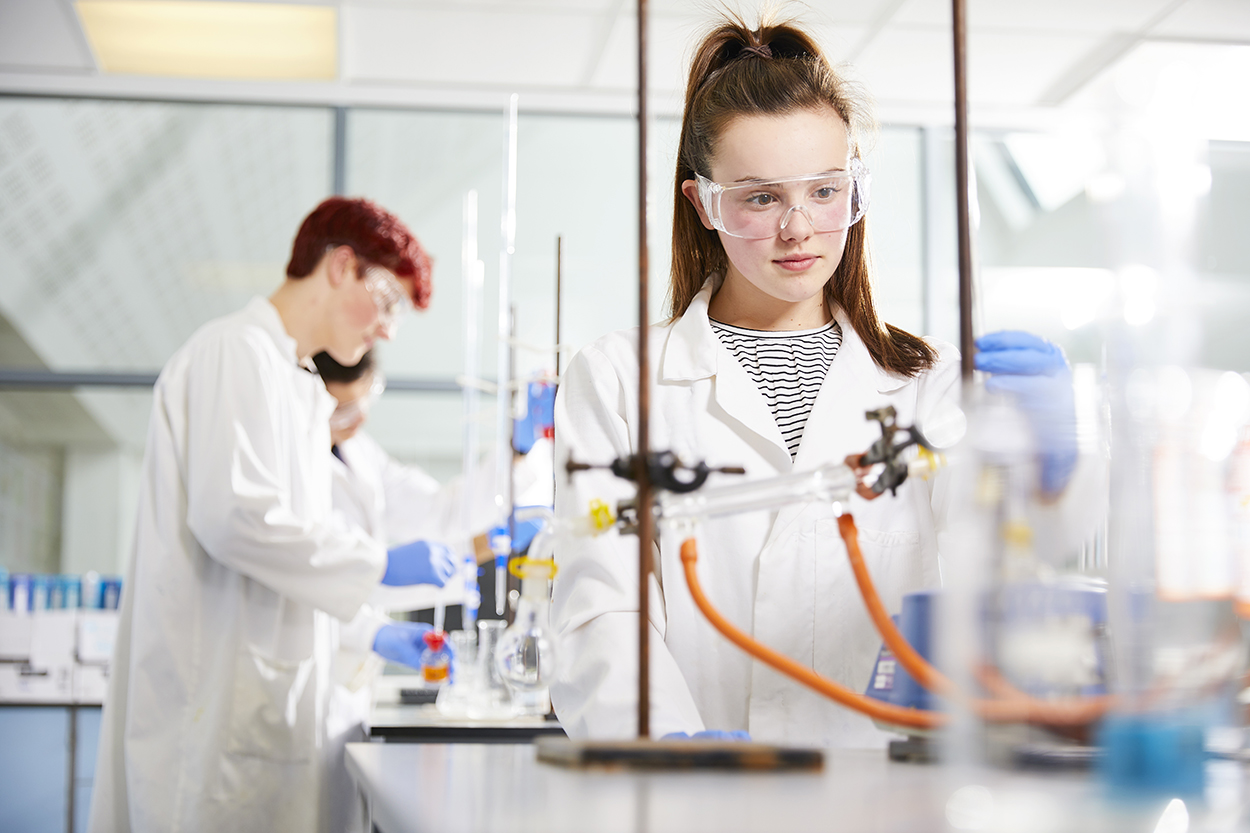
Course may be subject to change.
If you are interested in studying A Levels at New College Durham please just complete one application form and you will be able to choose your subjects once you have had your interview. You do not need to apply for each of the subjects you are interested.
The aim of this subject is to develop your understanding of mathematics and mathematical processes in a way that promotes confidence and enjoyment.
Studying this subject will enable you to recognise how real-life situations may be represented mathematically and acquire the skills required to use technology to effectively solve mathematical problems. You will study pure mathematics, statistics and mechanics.
Entry Criteria
You will hold five GCSEs at grade 9-4, including:
- GCSE English Language - grade 5 - GCSE Maths - grade 6
- GCSE Science 6,6
Additional Costs
Students will be expected to purchase an fx-991EX 'Classwiz' calculator (or similar high functioning equivalent, in line with exam board standards). Approximate cost £32.00.
What are the next steps?
You will meet with a course tutor; please bring a copy of your GCSE grades or predicted GCSE grades.
Study Aims
This programme focuses primarily on developing and interlinking concepts of pure mathematical algebra and new areas of mathematics, such as calculus and logarithms, so that you will have a robust understanding of the homogeneous nature of mathematics.
Modules Studied
A significant emphasis will be placed on the following:
- Methods of solving equations
- Curve sketching
- Coordinate geometry
- Differentiation, integration, trigonometric identities, and vector calculations
- Solving multi-faceted problems involving intertwining mathematical concepts
- Developing and showing algebraic proofs and being able to create examples of, and analyse the efficiency and accuracy of mathematical models.
As well as pure mathematics, you will study applied components in Statistics and Mechanics. Both of these develop exponentially from knowledge acquired in GCSE.
In Statistics, you will gain experience in spreadsheet analysis and working with large datasets, developing abilities to “clean data” and other vital skills for an individual to achieve success within the data driven working world. You will also do further work into probability; as well as developing knowledge on modelling, hypothesis testing and a variety of statistical distributions.
Mechanics develops on work relating to kinematics and SUVAT equations, which is part of the 9-1 GCSE Mathematics qualification, and is highly interlinked with Physics. A significant focus is placed on modelling and solving problems relating to Newton’s laws of motion, connected particles, moments and application of mathematical concepts such as vectors and calculus.
Teaching and Assessment
You will be taught by lecturers who are specialists in their subjects.
Teaching is classroom based and involves group work and individual work. Independent study is essential outside of the classroom and frequent homework will be given.
You will sit monthly in-class assessment for which you will receive extensive feedback, as well as other assessments throughout the academic year, which will help you track your progress. In your first year you will have 2 exams. One will be a Pure Mathematics exam, the other will be an Applied Mathematics exam, with mandatory components on both Statistics and Mechanics. In order to gain the A-level qualification, you will sit 3 exams in your 2nd year, which assess knowledge from the 2 years of study. Two of these will be Pure Mathematics examinations and the other will be an Applied Mathematics exam, with mandatory components in Statistics and Mechanics. These three exams alone will make up your final grade. Calculators are to be used in all examinations.
This A-Level, in combination with other subjects, could enable you to apply for degree courses in Accountancy, Aeronautical Engineering, Biochemistry, Biomedical Sciences, Chemical Engineering, Computer Science, Economics, Teacher Training, Electrical/Electronic Engineering, Environmental Science, Geology, Mathematics, Mechanical Engineering, Medicine, or Pharmacy.


